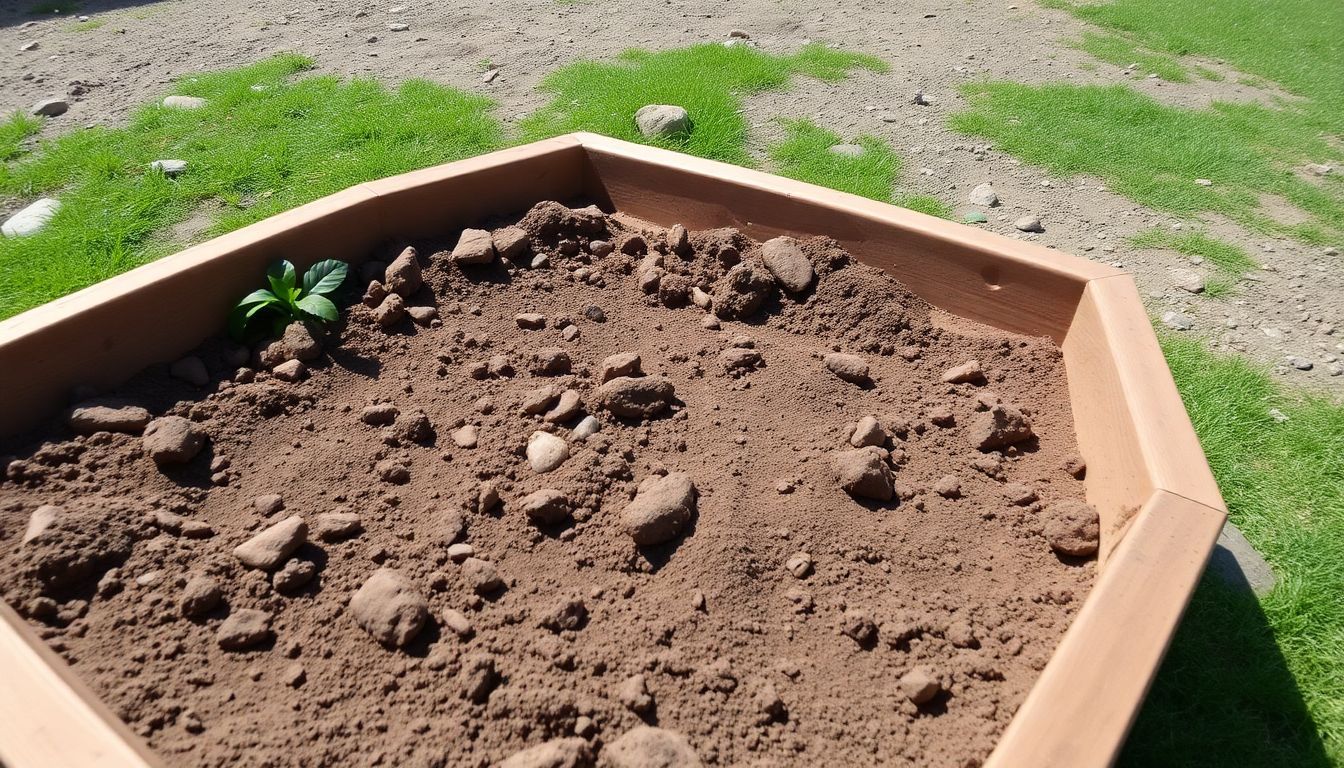Many kids suck their thumbs or bite their nails, leaving parents worried about germs. Surprisingly, these habits might actually help prevent allergies like hay fever. Studies suggest early exposure to microbes can strengthen a child’s immune system.
Thank you for reading this post, don't forget to subscribe!Is it time to rethink these common childhood behaviors? Keep reading—you may see thumb sucking and nail biting in a whole new way!
Key Takeaways
- Thumb sucking and nail biting may lower allergy risks. A 2013 study in Pediatrics found children with these habits had fewer allergies by age six.
- The hygiene hypothesis explains this: early exposure to germs helps the immune system grow stronger and reduces allergic reactions.
- Research from the Dunedin Multidisciplinary Study revealed reduced reactions to allergens like dust mites, grass, and pet dander in thumb-sucking or nail-biting kids.
- Parental smoking, pet ownership, or socioeconomic factors did not change the findings of fewer allergies in these children.
- Though there are small risks like dental issues, studies show these habits could promote healthier immune systems through early microbe exposure.
The Hygiene Hypothesis
Kids who are exposed to germs early may build a stronger immune system. This idea explains why certain childhood habits could help reduce allergies later.
How Early Exposure to Microorganisms Strengthens the Immune System
Exposure to microorganisms during childhood trains the immune system. Dirt, dust mites, and other microbes introduce the body to potential threats early on. This contact helps develop defenses against allergic diseases like hay fever or food allergies.
The exposure reduces overreaction of the immune function to harmless allergens.
Children raised around pets or in homes with parental smoking may show fewer signs of allergic sensitization. Studies suggest these environments provide increased microbial exposure.
Early contact with common allergens can decrease risks of asthma or skin allergies later in life—linked directly to concepts like atopic sensitization and germ exposure.
Kids need some germs for their immune systems to grow strong.
…Research supports behaviors that encourage safe levels of microbial exposure!
Research Supporting Thumb Sucking and Nail Biting
Children who suck their thumbs or bite their nails have shown fewer allergies in studies—explore how these habits might protect against allergens.
Lower Rates of Allergies in Children with these Habits
Thumb sucking and nail biting may help lower allergies like hay fever. A study published in “Pediatrics” found that kids who had these habits were less likely to develop allergic sensitization by age six.
Researchers performed skin-prick tests on over 1,000 children to check for reactions to common allergens like dust mites, grass, and pet dander.
The findings showed fewer positive allergy test results in thumb-sucking or nail-biting children. Early exposure to microbial organisms is thought to strengthen their immune systems.
Professor Bob Hancox from the University of Otago led this research as part of the Dunedin Multidisciplinary Study. The results stayed consistent even after considering parental history of allergies and socioeconomic status.

Study Published in “Pediatrics” Supporting the Benefits
A 2013 study in *Pediatrics* revealed surprising findings. Children who sucked their thumbs or bit their nails showed lower rates of allergic sensitization by age six. Researchers from the University of Otago conducted this study as part of the Dunedin Multidisciplinary Study.
They linked these habits with reduced allergic responses to common allergens like dust mites and grass.
The study supported the hygiene hypothesis, which suggests early germ exposure helps build a stronger immune system. Skin prick tests confirmed fewer allergies in children with these habits, even after considering factors like parental smoking, pet ownership, and socioeconomic status.
Professor Bob Hancox emphasized that such habits might expose kids to microbes that boost immune function over time.
Reevaluation of Social Norms
Thumb sucking and nail biting often get a bad rap, but it’s worth rethinking their role in childhood habits—these behaviors might help build stronger immune systems.
Encouraging a Balanced View of Thumb Sucking and Nail Biting
Society often views thumb sucking and nail biting as bad habits. Parents may feel pressure to stop them. But research hints at unexpected benefits, like allergy prevention through germ exposure.
Studies suggest these behaviors introduce microbial organisms early on, which can help the immune system grow stronger.
Dental issues or skin infections can happen, but risks seem small compared to possible gains in reducing hay fever or grass allergies. Childhood habits like these might deserve a second look rather than quick judgment.
Lower rates of allergic sensitization found in children practicing such behaviors reinforce this idea—leading into important findings from studies next.
Conclusion
Thumb sucking and nail biting might not be as harmful as once thought. Research shows these habits may lower allergy risks by exposing kids to microbes early in life. While these behaviors have downsides, they could benefit the immune system.
Parents should weigh potential health benefits against social norms or concerns. A balanced approach can make room for healthier immunity in children.
